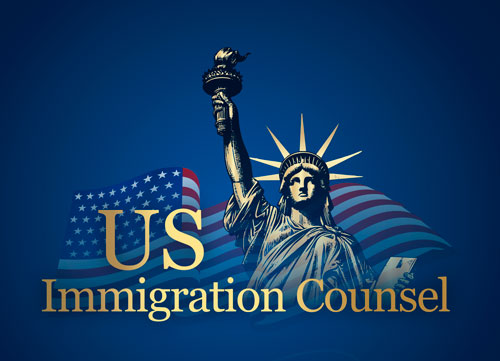H-1B1 Visa
The H-1B1 visa is a nonimmigrant employment visa available exclusively to citizens of Chile and Singapore. This visa allows professionals in specialty occupations to work in the United States for a limited time. It is part of the U.S. Free Trade Agreements with these countries and operates similarly to the H-1B visa but with unique conditions, eligibility rules, and streamlined procedures.
Who Qualifies for the H-1B1 Visa
To be eligible for the H-1B1 visa, applicants must:
-
Be a citizen of Chile or Singapore
-
Have a valid job offer from a U.S. employer in a specialty occupation
-
Hold at least a bachelor’s degree or equivalent experience
-
Demonstrate qualifications specific to the position offered
Specialty occupations typically require theoretical and practical application of specialized knowledge. While most positions require a degree, some roles for Chilean applicants (e.g., agricultural managers or physical therapists) are exempt from this requirement. Similarly, certain consultants or disaster relief professionals may qualify based on experience.
Visa Quotas and Duration
Each year, the U.S. reserves:
-
1,400 visas for Chilean citizens
-
5,400 visas for Singaporean citizens
These caps are rarely reached but remain in place as part of the respective trade agreements.
The visa is initially granted for up to 18 months and may be renewed indefinitely, provided the applicant does not intend to immigrate permanently. Unlike dual intent visas such as the H-1B, the H-1B1 is single intent, meaning applicants must maintain strong ties to their home country and cannot pursue a green card while under this classification.
Application Process
There are two common application pathways:
1. Consular Processing (outside the U.S.):
-
Obtain a certified Labor Condition Application (LCA) from the Department of Labor
-
Schedule a visa interview at a U.S. embassy or consulate
-
Present required documents:
-
Valid passport
-
Certified LCA
-
Completed DS-160 application form
-
Proof of academic qualifications or experience
-
Job offer letter detailing the position, salary, and qualifications
-
2. Change of Status (within the U.S.):
-
The employer may file a change-of-status request through USCIS
-
Processing typically takes 4–6 months
-
Work authorization does not begin until the petition is approved
Consular processing is generally faster and more commonly used, especially for first-time applicants.
Labor Condition Application (LCA)
Before applying, the employer must submit an LCA attesting that:
-
The position meets wage and working conditions standards
-
No qualified U.S. workers are being displaced
-
The employment terms comply with Department of Labor regulations
The certified LCA is required for the visa interview and must be obtained no more than six months prior to the intended start date.
Family Members and Dependents
Spouses and unmarried children under 21 may accompany the H-1B1 visa holder under H-4 dependent visas. While H-4 dependents may study in the U.S., they are not permitted to work. Employment authorization is not available for dependents under the H-1B1 program.
Limitations of the H-1B1 Visa
-
Single intent: Applicants must prove they do not intend to remain in the U.S. permanently
-
Employment-specific: Work is limited to the approved employer and job listed in the LCA
-
Non-transferrable without reapplication: Changing jobs requires a new visa application and LCA
-
Time-sensitive: Visa duration may not exceed the LCA validity and must be renewed in advance
To maintain eligibility, visa holders must avoid any suggestion of permanent immigration intent. Ownership of property, active ties to the home country, and consistent travel may support nonimmigrant status.
Renewal and Reentry
The H-1B1 visa can be renewed repeatedly, as long as the applicant remains eligible. Renewals can be filed from within the U.S. or requested through a U.S. embassy abroad. Processing times vary, and applicants are advised to begin renewals several months before expiration.
Frequent renewals may prompt additional scrutiny. Applicants must be able to demonstrate that they continue to reside abroad and do not plan to immigrate.

